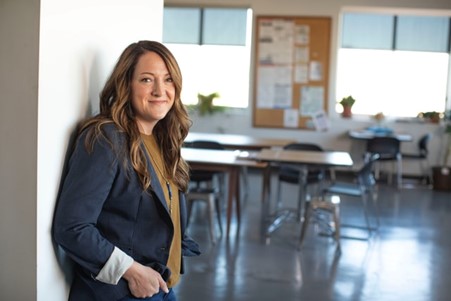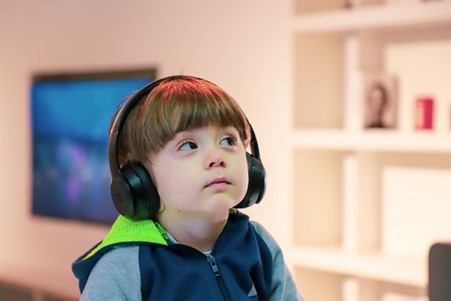Brooke Beyma of Tampa, Florida is a psychology major with a minor in education. Ms. Beyma contributes to online publications on trends topics in the industry. In today’s article, Brooke Beyma discusses how schools should prepare their psychology team to help students with severe cognitive disabilities.
It’s a school psychologist’s job to work with children and adolescents to resolve academic and behavioral problems, develop healthy emotional regulation, and create a thriving social learning environment. Yet, their work should be inclusive of all children, including neurodivergent students and those with severe cognitive disabilities. To that end, school psychologists should be trained to work with a wide range of needs explains Brooke Beyma.
Although most graduate programs prepare school psychologists to handle learning disabilities and typical behavioral changes, few prepare professionals to work with students with severe cognitive disabilities. Today, Brooke Beyma of Tampa, Florida explores how these programs can improve and discuss how a more comprehensive approach could produce better outcomes for students with greater needs.
Educational Inclusion and Its Blind Spots
In recent years, the conversation surrounding educational inclusion has shifted. No longer is the question “Should we include students with disabilities in general education classrooms?” but rather “What are the best ways to include students with disabilities in general education classrooms?” This is a welcome change, as the research is overwhelmingly in support of inclusive education says Brooke Beyma.
Students with disabilities who are included in general education classrooms have better social and academic outcomes than those who are not included. Inclusive classrooms are also beneficial for neurotypical students, who learn empathy and acceptance from their peers with disabilities.
Yet, despite the research, many schools are still not meeting the needs of their students with disabilities. In fact, less than half of students with disabilities are receiving a quality education, according to research from Oregon State University. Brooke Beyma says that there are many reasons for this, but one of the biggest is that many teachers and school administrators are not properly trained to work with students with disabilities.
This is especially true for students with severe cognitive disabilities, who often need the most support. According to a 2019 report from the National Center for Learning Disabilities, 83% of teachers did not feel adequately prepared to work with students with severe cognitive disabilities. This is a problem, as students with severe cognitive disabilities are the most likely to be excluded from general education classrooms says Brooke Beyma.
The same study found that school psychologist preparation programs fare better than teacher preparation programs, but there are still areas in which they could improve. For example, less than half of the programs surveyed included coursework on severe cognitive disabilities.
Improving Training for School Psychologists
So, how can we improve training programs so that school psychologists are better prepared to work with these students? Brooke Beyma says that the first step is to guarantee that they have a strong foundational understanding of how severe cognitive disabilities affect learning and behavior. Rather than focusing exclusively on specific learning disabilities (SLD), school psychologists should also gain experience with less well-known disorders and severe mental impairment.
This includes understanding the symptoms, how the disability affects cognition, and what accommodations and supports are available. Additionally, school psychologists should be trained in evidence-based interventions for students with severe cognitive disabilities. Brooke Beyma says that these interventions should be tailored to the individual student and implemented in a way that is respectful of the student’s rights and dignity.
Finally, school psychologists should be trained in how to advocate for students with severe cognitive disabilities. This includes understanding the laws and regulations that protect students with disabilities, such as the Individuals with Disabilities Education Act (2004), and how to work with families and educators to ensure that students receive the support they need says Brooke Beyma.

Taking a School-Wide Approach to True Educational Inclusion
By applying their understanding of Bronfenbrenner’s Ecological Systems Theory that cohesive groups influence a child’s upbringing, school psychologists should work to make educational inclusion a school-wide policy says Brooke Beyma. Rather than working individually or through exclusive special education classrooms, school psychologists should strive to create an inclusive environment for all students.
This includes working with administrators, teachers, and families to ensure that every student feels valued and supported. It’s important to remember that inclusion is not a one-size-fits-all approach, though.
Every student is different, and every student’s needs should be met in a way that is individualized and respectful. However, by taking a comprehensive approach to inclusion, we can ensure that all students have access to a high-quality education.
The Bottom Line
The role of a school psychologist is multi-faceted—at one time, they must act as counselors, policymakers, and advocates for inclusive education. Yet, for school psychologists to effectively create a healthy learning environment for all students, they must be trained to work with severely impaired children and adolescents. Until that day, the students with the greatest needs will continue to slip through the cracks in the system.











